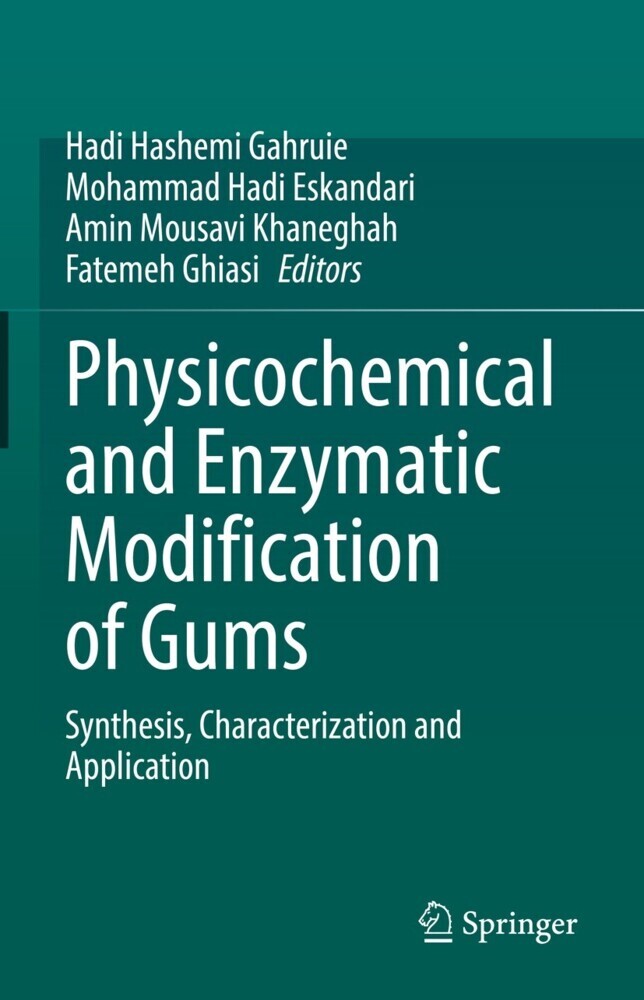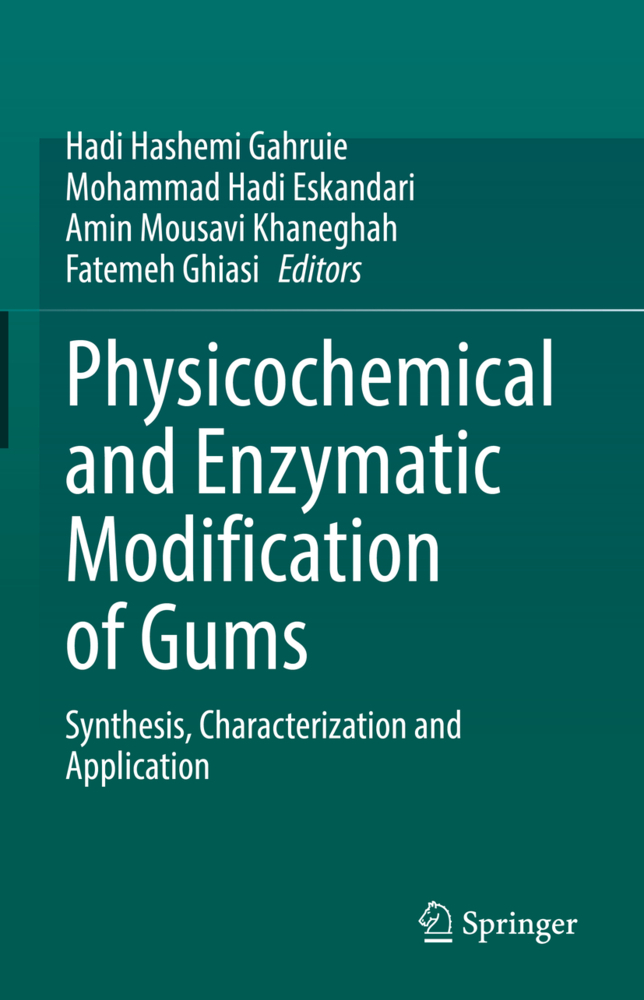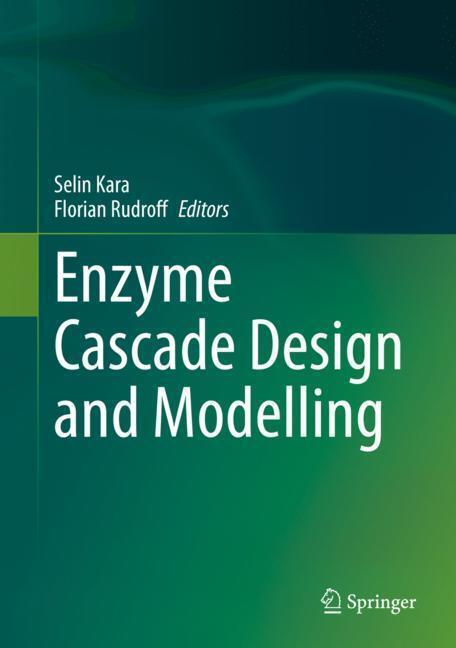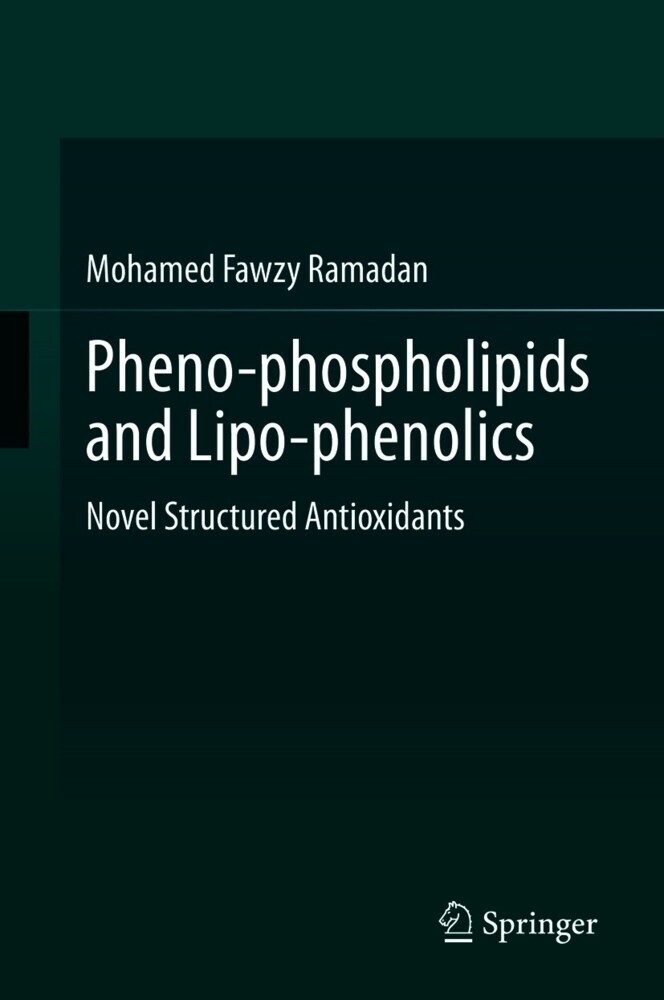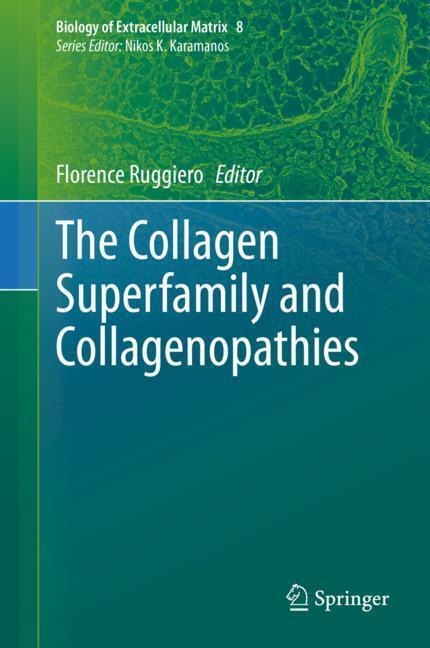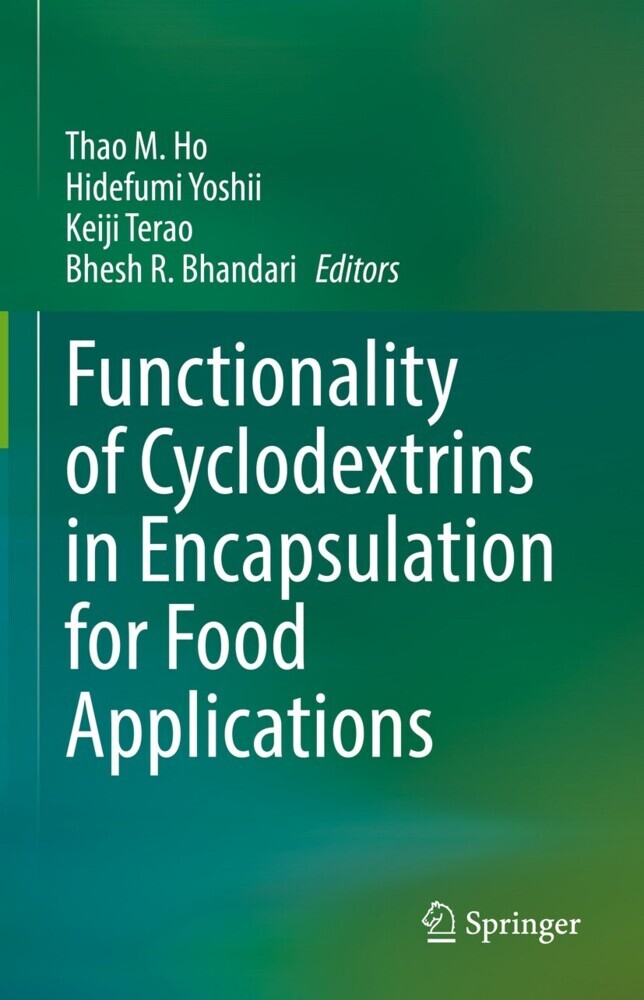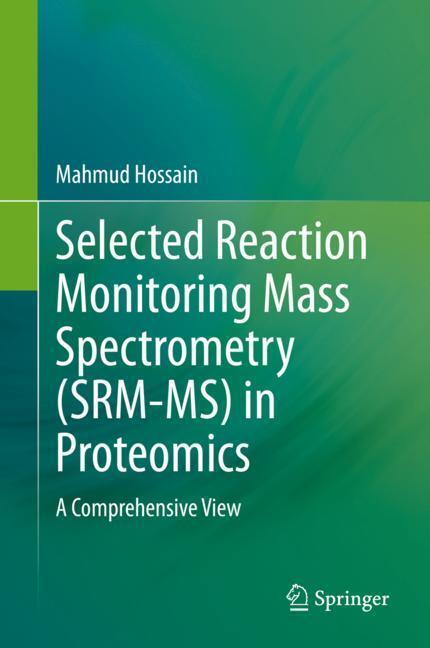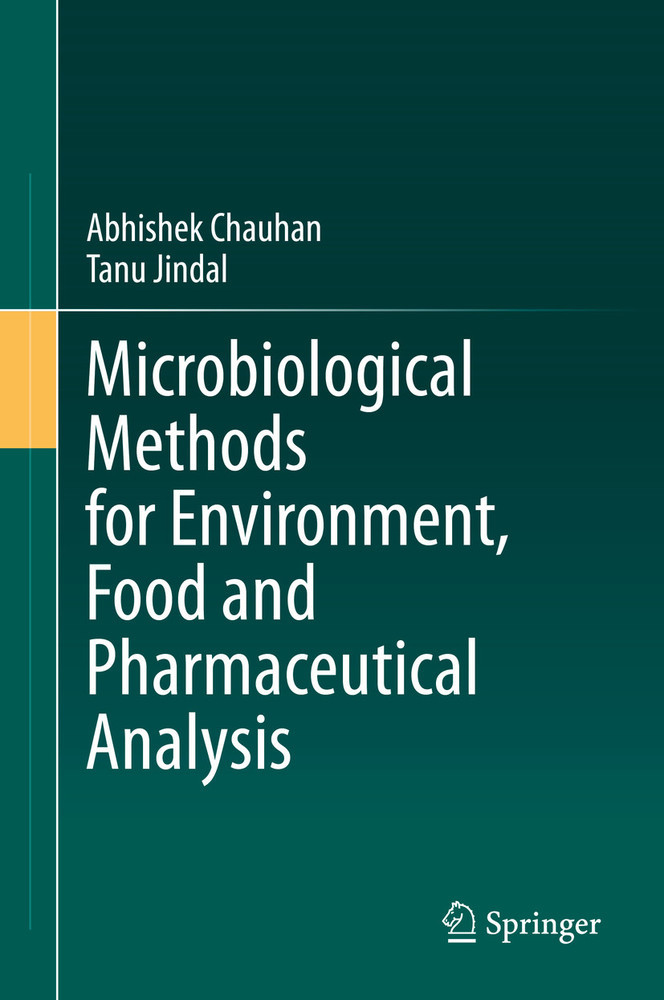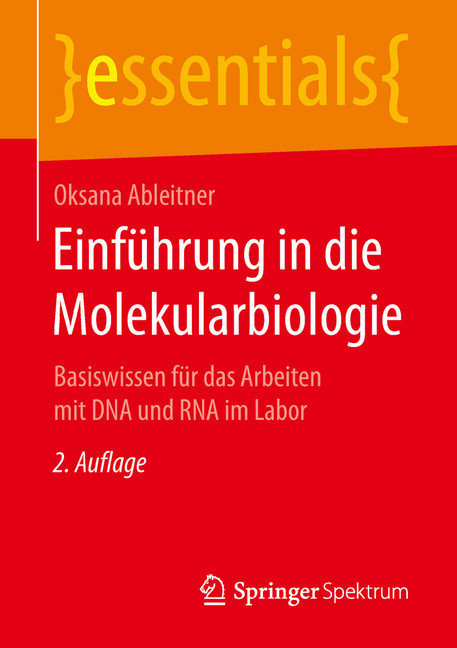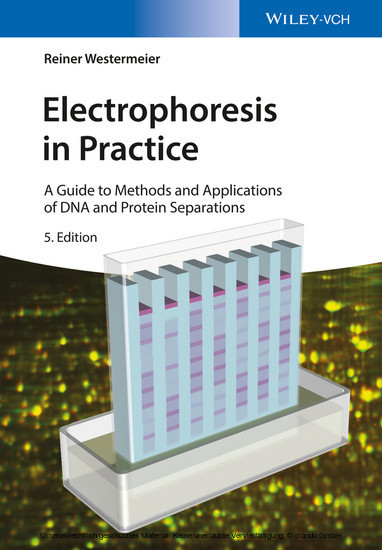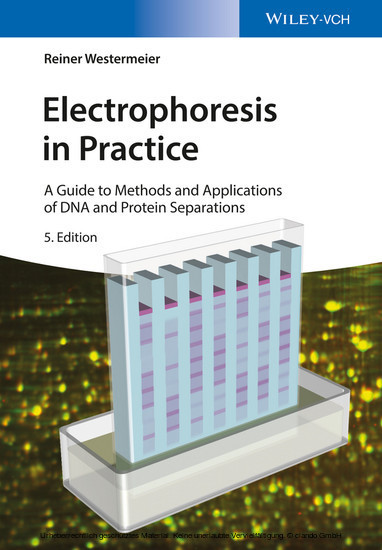Physicochemical and Enzymatic Modification of Gums
Physicochemical and Enzymatic Modification of Gums
Hadi Hashemi Gahruie, Ph. D graduated in food science and technology, is specializes in the areas of food hydrocolloids, film and coating, emulsion, encapsulation, and particularly in the field of modification of hydrocolloids for different purposes in food industry. Hadi received his B.A. in food Science (2012) from Isfahan University of Technology (Isfahan, Iran), and M.Sc. degree (2015) and Ph.D. degree (2019) in food technology from Shiraz University (Shiraz, Iran). Currently he is a research assistant at Shiraz University. His research focuses on the modification of physicochemical, rheological and interfacial properties of hydrocolloids through chemical (i.e., esterification and Maillard) and physical (cold plasma, ultrasound, and high pressure) approaches to introduce novel functionalities in food and pharmaceutical industries. He has (co) authored more than 30 scientific research and review articles in journal papers, book chapters, conference, workshop papers, and books. He is a reviewer of national and international journals in his field of study. His research has been funded by grants from Shiraz University, Iran's National Elites Foundation, and Iran Nanotechnology Innovation Council.
Mohammad Hadi Eskandari obtained his PhD in food hygiene from Shiraz University on 2008. He is currently professor of food science and technology at Shiraz University. He was invited researcher at Lund University, University of Groningen and RWTH Aachen University. His research interests including development of functional and healthier food products and food biotechnology. He promoted more than 10 PhD students and more than 70 master students in the field of food science and biotechnology.
Dr. Amin Mousavi Khaneghah is a senior researcher at Department of Food Science and Nutrition , Faculty of Food Engineering, University of Campinas, Brazil. He is author or co-author of dozen papers (Scopus indexed) published in international peer-reviewed journals in the field of food science including mycotoxins, food contamination, potentially toxic elements (PTEs), pesticide, food safety and Food Process Engineering. He also belongs to the Editorial Boards of a number of reputed international journals besides the guest editor as well as active reviewer several ISI indexed journals.
Dr. Fatemeh Ghiasi received her Ph.D. in 2020 in Food Science and Technology from Shiraz University, Iran after completing her B.Sc. (2007-2011) and M.Sc. (2011-2013). She worked at the Complutense University of Madrid as a visiting researcher (2018-2019) in the area of Colloidal Delivery Systems. Fatemeh was then worked as a motivated research assistant (2020-2021) at the Department of Food Science and Technology in Shiraz University, working on industrial research projects and part-time lecturing. She is currently a postdoctoral researcher at Shiraz University. Her research focuses on the area of fat structure and food colloidal systems (hydrogels, oleogels, bigels, emulgels, emulsion, liposome), particularly nanotechnology for the delivery of health-promoting bioactive compounds to advance their exciting future opportunities in food and pharmaceuticals fields. Her research activities have resulted in several publications (peer-review journals and book chapters) and conference papers in national and international meetings. She is the recipient of several financial grants, awards, and honors including the Top Alumni Awards from Iran's National Elites Foundation (INEF) and awards from the Iran Nanotechnology Initiative Council (INIC).
Gahruie, Hadi Hashemi
Eskandari, Mohammad Hadi
Mousavi Khaneghah, Amin
Ghiasi, Fatemeh
| ISBN | 9783030879969 |
|---|---|
| Artikelnummer | 9783030879969 |
| Medientyp | E-Book - PDF |
| Copyrightjahr | 2022 |
| Verlag | Springer-Verlag |
| Umfang | 266 Seiten |
| Sprache | Englisch |
| Kopierschutz | Digitales Wasserzeichen |

